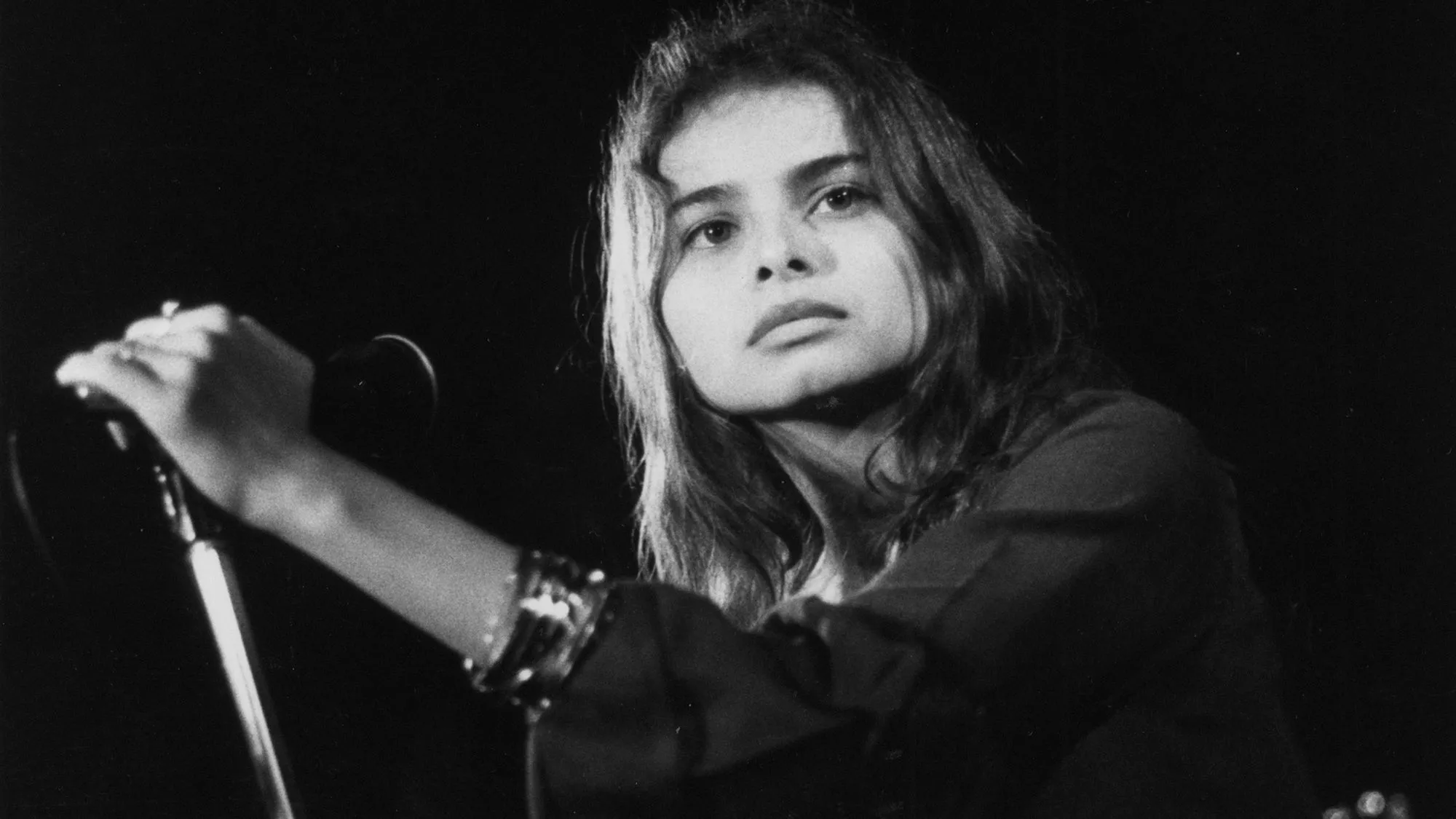Timeline 1988: Mazzy Star Rises From Opal

By Dave Swanson - Summit FM Contributor
In the early 1980s there were a large number of underground rock and roll bands that were embracing the sounds and styles of the 1960s, particularly the garage and psychedelic side of things. From UK bands like Teardrop Explodes and Echo & the Bunnymen to American rockers like the Fleshtones, the Lyres and the Unclaimed, they were all tapping into various aspects of 60s rock and pop.
Out in Los Angeles, a cluster of like-minded friends had all formed bands with names like Bangles, Salvation Army, Dream Syndicate and Rain Parade. This lot, plus a few others, would become known as 'the paisley underground,' an offhand remark that gave the scene a name that fans and critics took to. One of the most intriguing and talented of the lot was the Rain Parade.
Led by guitarists Matt Piucci and David Roback, Rain Parade transformed punk enthusiasm into Byrds meets Big Star style guitar riffs, creating some of the first genuine psychedelic music for this new era. From jangly to meditative, they had guitars that rang and chimed , plus strong writing to make it all work. The band released one stellar single, 'What She's Done To Your Mind,' and LP, 'Emergency Third Rail Power Trip,' before partially imploding.
Roback and Piucci had different ideas as to the future direction of the band, with Piucci more interested in a sort of Television meets Crazy Horse path while Roback wanted to become more psychedelic and dream like. Musical differences being what they will, Roback left and formed Opal with girlfriend Kendra Smith, who had also recently left her ascending band, Dream Syndicate.
Initially christened Clay Allison, they soon became Opal and released a 4-song ep bursting with beauty, channeling the dreamy side of the Doors with the acoustic waves of the early Jefferson Airplane and a pound or two of Velvet Underground for good measure. This all added up to a perfect mixture for Roback's vision. A full album followed that found the band going more 'electric,' referencing T. Rex in hefty proportions. The 1987 album, 'Happy Nightmare Baby,' sold well and collected positive reviews.
Again, things just couldn't stay in place, as Kendra quit the band in the middle of a tour with Jesus and Mary Chain. She was rapidly replaced by vocalist Hope Sandoval, small of stature, great of beauty and voice, heads and ears were turning. After finishing the tour under the Opal name, 1988 found Roback deciding a fresh start was called for, and Mazzy Star were officially born.
Following the same basic patterns as Opal, they dished out a brittle and engaging take on psychedelia and folk with nods to Syd Barrett and Nick Drake as well as obscure art bands like Slapp Happy, whose 1972 song 'Blue Flower' would become Mazzy Star's first 'hit' single in 1990. Mazzy Star signed to Capitol who would issue the second Mazzy Star album,' So Tonight That I Might See,' which would become a surprise smash album, ultimately selling platinum, propelled by the hit 'Fade Into You' in 1993.
In 1996, the band would make one more album, 'Among My Swan,' before taking a 17-year hiatus, releasing their final album, 'Seasons Of Your Day,' in 2013. Though they had mainstream success, they, Roback in particular, never seemed to care about keeping it or taking part in the business side of things. Mazzy Star were truly their own entity. In an interview with Uncut, Geoff Travis of Rough Trade Records (home of their debut) recalled, “They’re not your normal rock ‘n roll people. I think they really do live in their own worlds. It’s a very typical musician thing in a way, in that they’re so obsessed with music and doing what they do, that it kind of removes them slightly from normal social mores.”
David Roback died of cancer in 2020.
Hope Sandoval has carried on via her solo career.
Kendra Smith has become a recluse.
Rain Parade have reformed and are releasing a new LP.






